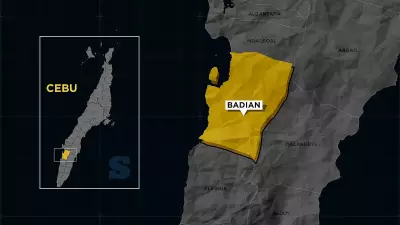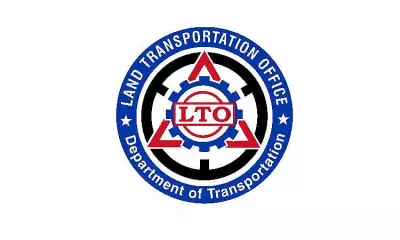
What's really happening with today's younger generation? This pressing question forms the heart of a compelling discussion emerging from SunStar Cebu's popular reader engagement platform, "Tell it to Sunstar."
The conversation was sparked by a concerned citizen's observation about the dramatic shift in how different generations express and handle emotions. Where previous generations might have been labeled as having "attitudes," today's youth are often characterized by the "emo" or emotional label.
The Generation Gap in Emotional Expression
This distinction highlights more than just changing slang—it reveals fundamental differences in how various age groups perceive and manage emotional challenges. The older generation typically favored keeping personal struggles private, while contemporary youth appear more open about their emotional states.
The digital revolution has dramatically amplified this shift. Today's young Filipinos navigate a world where social media platforms provide both an outlet for emotional expression and potential sources of psychological stress.
Modern Pressures on Filipino Youth
Several factors contribute to the unique challenges facing the current generation:
- Digital Overload: Constant connectivity through smartphones and social media
- Academic Pressure: Increasing competition in education and employment
- Economic Uncertainty: Navigating a rapidly changing job market
- Social Expectations: Balancing traditional values with global influences
A Call for Cross-Generational Understanding
The "Tell it to Sunstar" discussion serves as an important reminder that rather than dismissing generational differences, we should strive to understand the root causes behind changing behaviors. What older generations might perceive as emotional volatility could actually represent a more open approach to discussing mental health and personal struggles.
This conversation underscores the need for empathy and dialogue between generations, recognizing that each faces unique challenges shaped by their historical and technological context.
As Philippine society continues to evolve, these discussions provide valuable insights into how families, educators, and communities can better support young people navigating an increasingly complex world.





